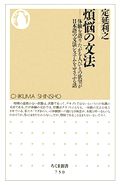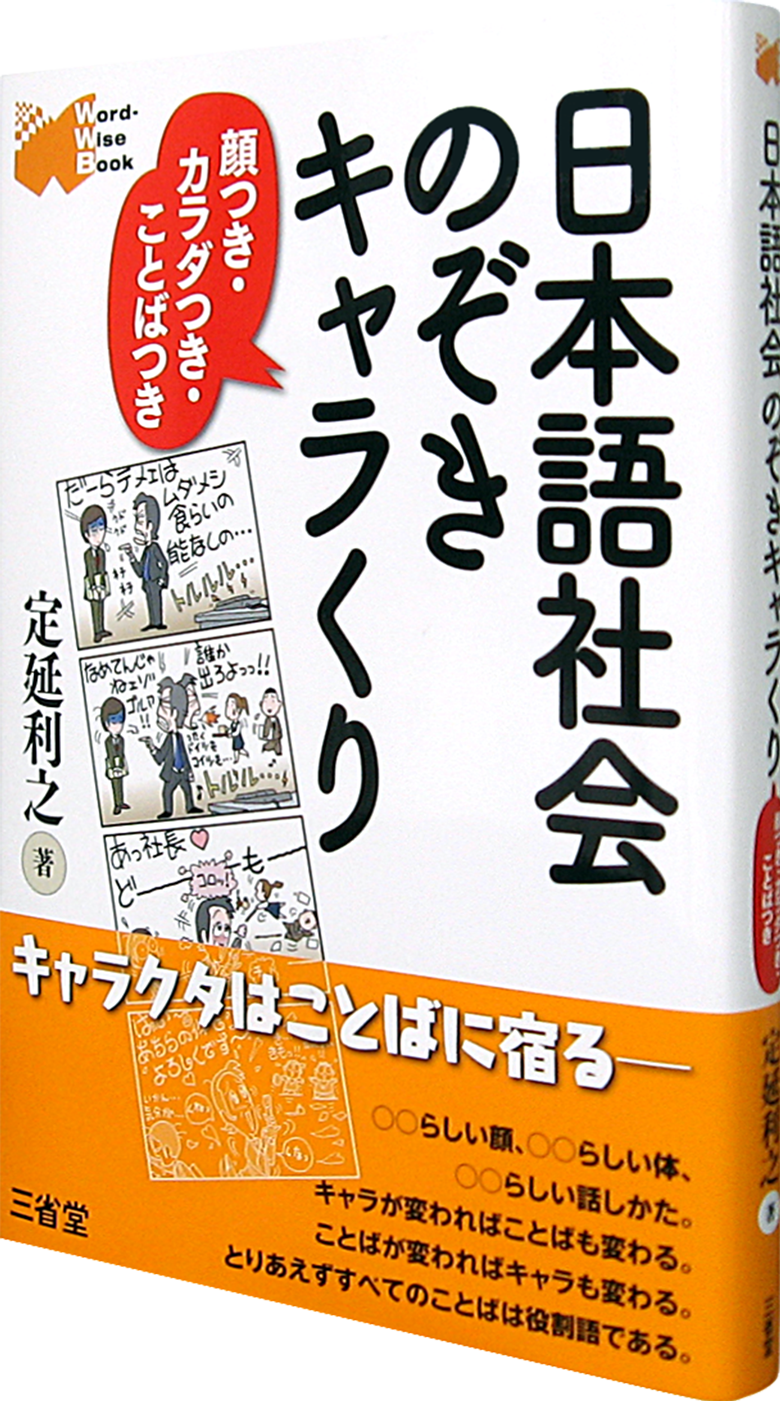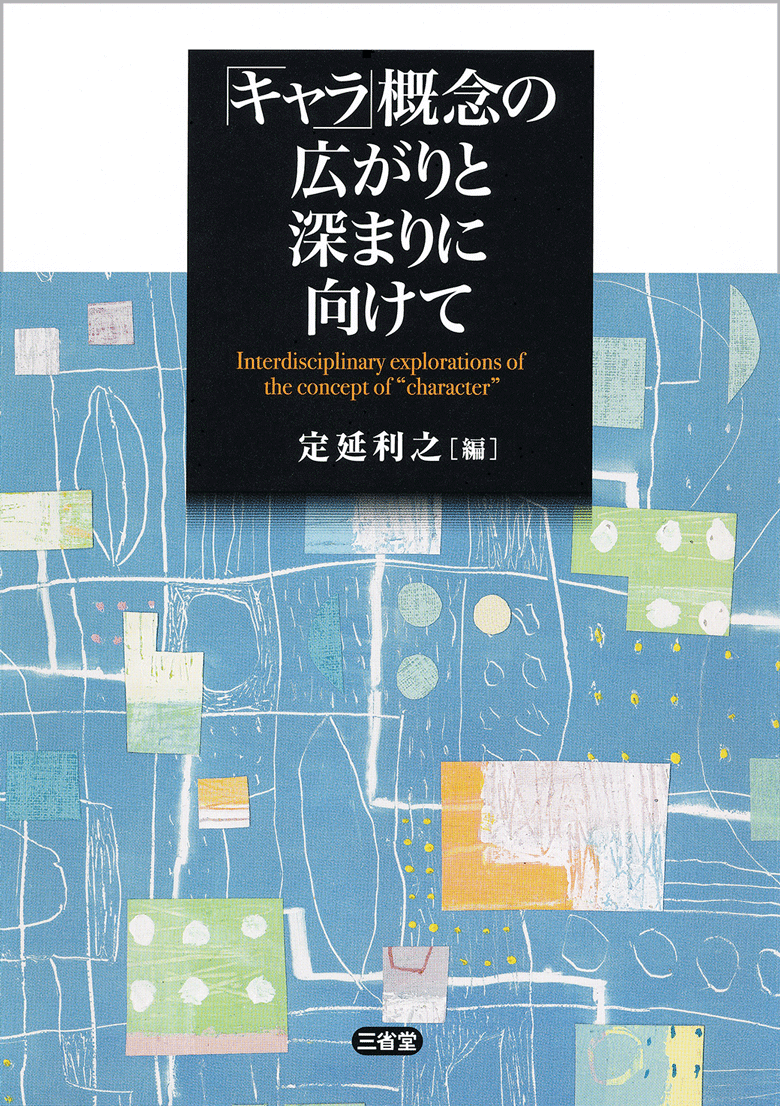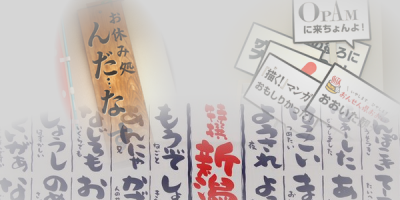
Whew! Mr. Yokoi scared the heck out of me! What do you mean you don’t know what I’m talking about? You know… the Premeditated Crime Research Committee. It was yesterday. Washio was saying something about whether the “rehabilitation of the leftist youth was real or fake.” Then that guy suddenly said “I only joined this research committee because Prosecutor Masaki invited me.” It was Yokoi. It was unbelievable. Really.
Yeah, that’s the guy. The guy who says stuff like “I was an idiot back then,” and “How could you be such an idiot?!” in an Osaka accent. The guy who drops his cases against all first-time offenders. He’s like some sort of populist! He was haranguing us in Tokyo dialect, or rather standard Japanese. Really. He said: “Where’s the nobility in scholarship and research?” And: “What the Hell are you hoping to find out?” No, really. In any case, we ended the meeting, but boy was I surprised.
I see. The Yokoi who spoke Osaka dialect was a “fake.” To be sure, he was born in Osaka, but he is more temperamentally inclined to speak standard Japanese; he’s a fake “Kansai native.” He found it less troublesome to pass as a “Kansai native” at work, but at the research meeting he just lost it. I guess you could call it a premeditated crime, eh? He was getting sick of the “Kansai native” act, and used the opportunity to throw away the mask and come out of the closet. Does this mean that Yokoi will speak in standard Japanese from now on? That’s a little creepy.
Or maybe… Maybe he wasn’t faking, but since he was absorbed in an academic discussion that was dominated by standard Japanese, he forgot that he normally used Osaka dialect, and was not his usual self. Maybe he’ll say: “I’m the first time offender. Leave me.” (Shohan-yagana. Minogashitee-na). That would be creepy too.
What do you think? Maybe we should try to get a confession from Yokoi himself. But, how will he act today? If I were him, I’d shout “just kidding!” (Naanchatte), and try to act like my usual self. Of course! He could act like everything, including yesterday’s outburst, was a joke. However, he’d have to say “just kidding” with an Osaka accent (Naanchuute). It’d be meaningless to use standard Japanese. I wonder. Man, this has gotten me really tense.
*
There are various ways to interpret the “Yokoi Incident.” But whichever interpretation you choose, the core of the matter is that Yokoi underwent a sudden change, and for a time Yokoi was not his normal “Kansai native” self. What makes us surprised and nervous is exactly this sudden change of tone.
Yokoi’s sudden shocking, startling change is not a mere “change of style.” This person speaks like thus and so, and should always speak that way. This way of speaking is connected with this person’s background and temperament. It cannot be changed intentionally like style. That is what we expect. If a sudden change occurs that contradicts this expectation, both the observed and observer, trying to guess at what has just happened, feel awkward, and are surprised and nervous. This sort of thing is at the foundation of our everyday conversations. This is what is called “verbal character” to distinguish it from “style,” as I’m sure the reader already understands quite well. However, as “characters” and “verbal characters” comprise the core concept of this series, to be on the safe side I have spent some time on the “Other” characters (parts 79 on), as they are particularly easy to misunderstand. We will conclude this discussion next time.
(To be continued)







